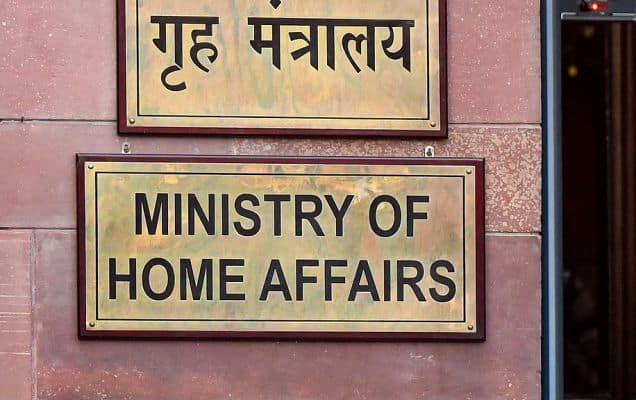The Cabinet Committee on Economic Affairs, chaired by the Prime Minister Shri Narendra Modi, today approved the proposal for implementation of the Integrated Coffee Development Project of the Coffee Board during the 12th Five Year Plan (2012-13 to 2016-17). This is based on the recommendations by the Expenditure Finance Committee (EFC) in its meeting held on 26th September 2013.
The projected outlay of the scheme is Rs. 950 crore during the five year period of the 12th Plan. Component wise and year-wise break up of outlay is as follows:
(Rs. In crore)| Component
|
Component title
|
Outlay
|
| 1 | Research & Development for Sustainable Coffee Production |
137.50 |
| 2 | Transfer of Technology and Capacity Building Programmes | 92.00 |
| 3 | Development Support for Coffee in Traditional Areas | 311.00 |
| 4 | Coffee Development Programme in Non-traditional Areas | 125.00 |
| 5 | Coffee Development Programme in North East Region | 54.50 |
| 6 | Rainfall Insurance Scheme for Coffee (RISC) | 10.00 |
| 7 | Support for Mechanization of Coffee Estate Operations | 80.00 |
| 8 | Export Promotion | 60.00 |
| 9 | Market Development | 55.00 |
| 10 | Support for Value Addition | 25.00 |
| Total Outlay | 950.00 |
The main objective of the Scheme is to develop improved varieties and technologies for increasing production, productivity and quality of coffee, to promote Indian coffee in overseas and domestic markets, and encourage value addition to improve unit value realization.













